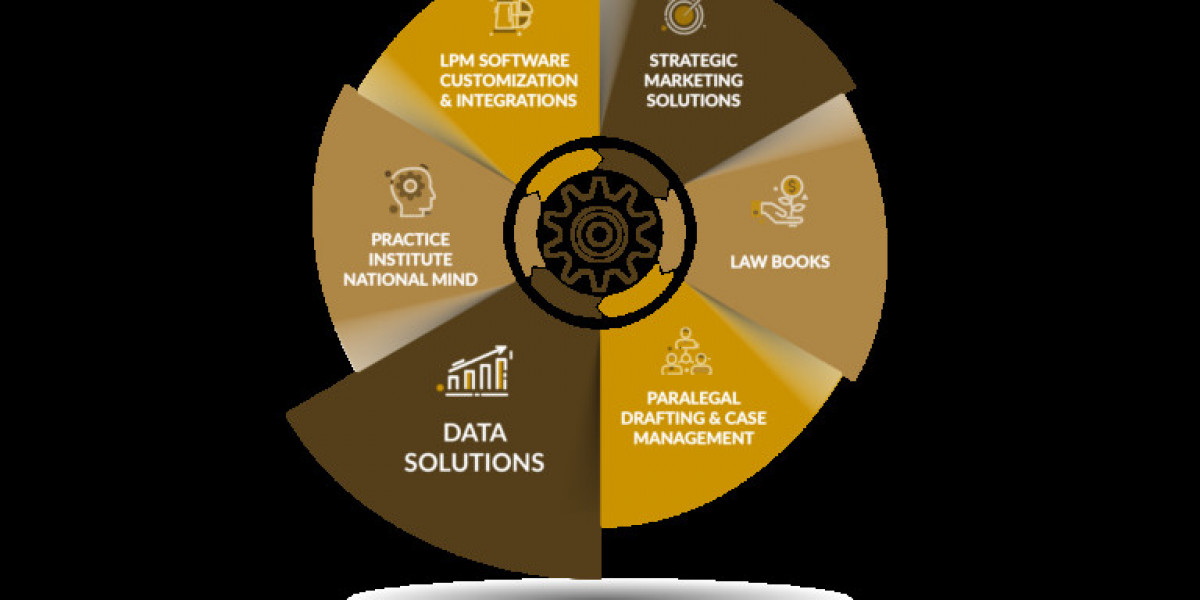Managing a small law firm presents unique challenges and opportunities. Unlike larger firms with abundant resources, smaller practices often operate with limited budgets and lean teams. However, with strategic management, a small law firm can deliver personalized services, build strong client relationships, and achieve financial success.
Explores actionable strategies for effective small law firm management, covering key aspects like operational efficiency, team dynamics, client management, and financial planning.
1. Build a Strong Foundation with Clear Goals
Before delving into day-to-day management, it’s essential to establish a strong foundation. Define your firm's vision, mission, and objectives. Setting clear, measurable goals will help guide decisions and keep the team aligned.
Key Tips:
Specialize: Focus on niche areas of law where your firm can stand out.
Set Metrics: Use KPIs like case resolution time, client retention rates, and revenue growth to measure success.
Create a Business Plan: Detail your operational model, marketing strategies, and financial projections.
2. Streamline Operations
Operational inefficiencies can be a drain on time and resources. Adopting modern tools and practices can significantly improve workflow.
Suggestions for Efficiency:
Leverage Technology: Use legal management software like Clio or MyCase to handle case tracking, billing, and document management.
Automate Routine Tasks: Implement automation for repetitive tasks such as invoicing, scheduling, and email follow-ups.
Delegate Smartly: Assign tasks based on team strengths and consider outsourcing administrative work if needed.
3. Foster a Collaborative Team Environment
A small team has the advantage of close collaboration. Investing in your team’s growth and morale can enhance productivity and client satisfaction.
Steps to Build a Strong Team:
Regular Training: Encourage ongoing legal education to keep the team updated on the latest laws and practices.
Open Communication: Hold regular meetings to discuss progress, challenges, and innovative ideas.
Flexible Work Culture: Offer remote work options or flexible hours to accommodate work-life balance.
4. Prioritize Client Relationships
In the legal industry, strong client relationships are pivotal. A personalized approach can set your firm apart.
How to Enhance Client Relations:
Maintain Transparency: Keep clients informed about case updates and potential outcomes.
Quick Response Times: Establish a system to respond to inquiries promptly.
Gather Feedback: Regularly ask for feedback and use it to improve services.
5. Implement Smart Financial Management
Efficient financial planning is critical for the sustainability of small law firms. Keeping a close eye on expenses and revenue ensures long-term profitability.
Best Practices:
Budget Wisely: Monitor costs, from office supplies to technology investments.
Offer Payment Plans: Make legal services accessible to clients by providing flexible payment options.
Track Billing Hours Accurately: Use time-tracking tools to ensure accurate invoicing.
6. Develop an Effective Marketing Strategy
Small law firms must compete with larger firms for visibility. A targeted marketing strategy can help attract the right clients.
Marketing Strategies:
Optimize Online Presence: Ensure your website is user-friendly and optimized for SEO.
Leverage Social Media: Use platforms like LinkedIn and Facebook to engage with your audience.
Ask for Referrals: Satisfied clients can be your best marketing advocates.
7. Stay Compliant and Ethical
Adhering to ethical standards and regulatory requirements is non-negotiable in the legal profession. Regularly review compliance protocols to avoid legal and reputational risks.
Compliance Checklist:
Keep licenses and certifications updated.
Follow data privacy laws for client information.
Establish a conflict-of-interest policy.
Wrapping Up
A balance of strategic planning, efficient operations, and strong client focus. By leveraging technology, fostering a collaborative team, and maintaining ethical practices, small firms can not only survive but thrive in the competitive legal market.
Embrace the unique advantages of being small—flexibility, personalization, and agility—to carve a niche and make a lasting impact.










